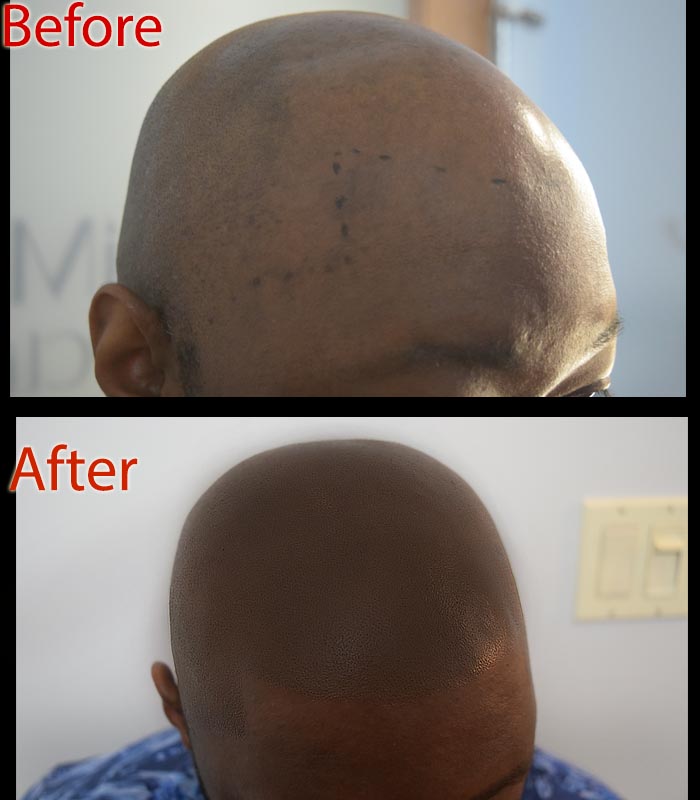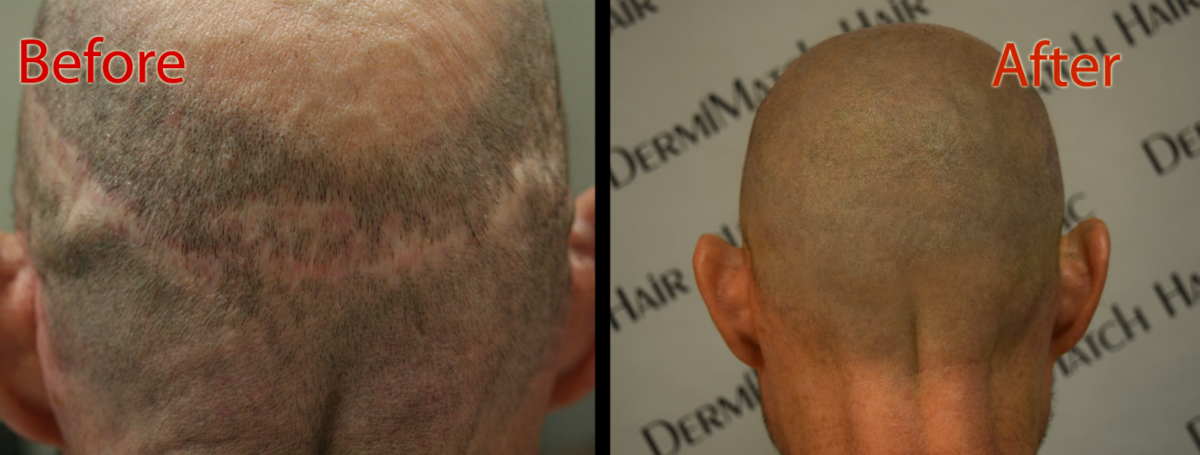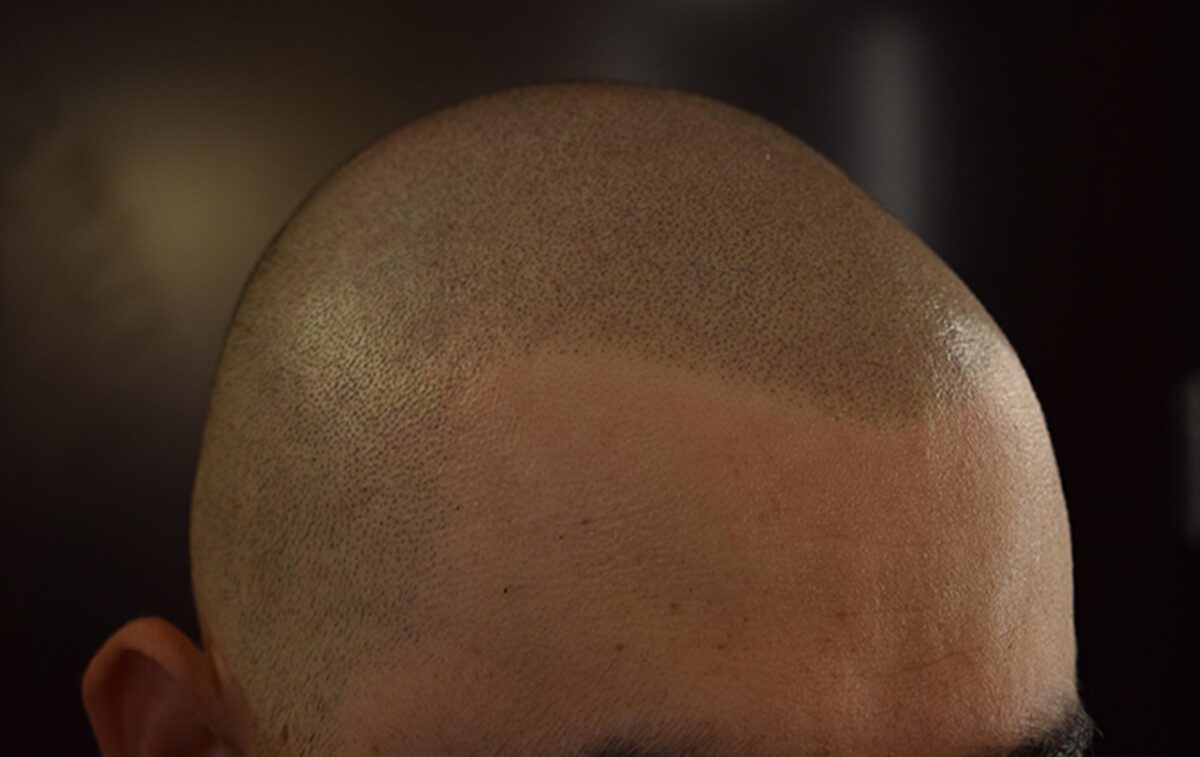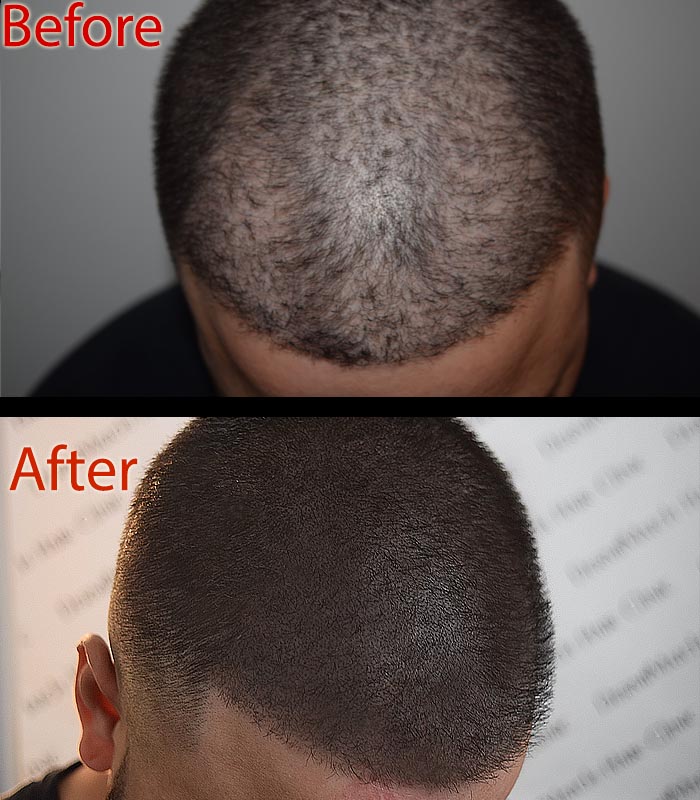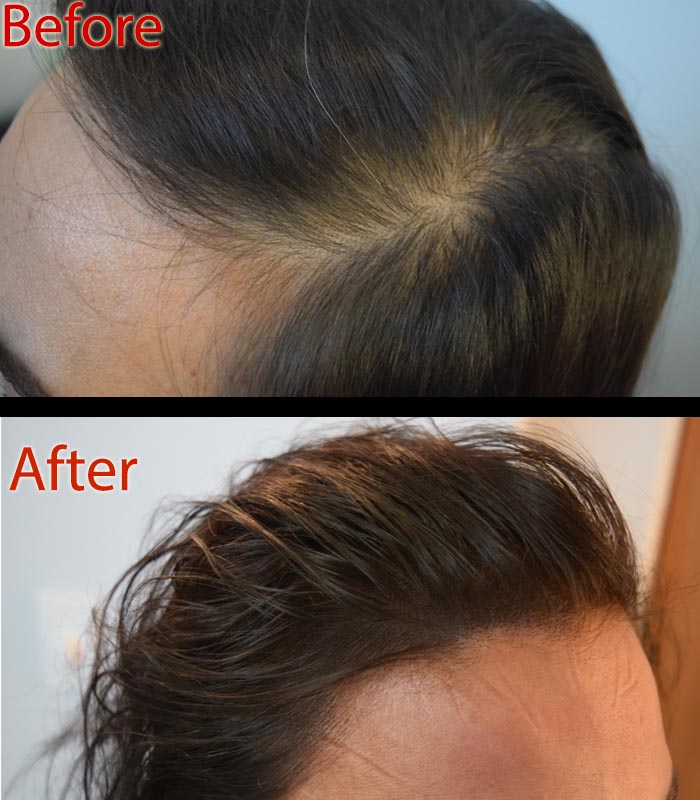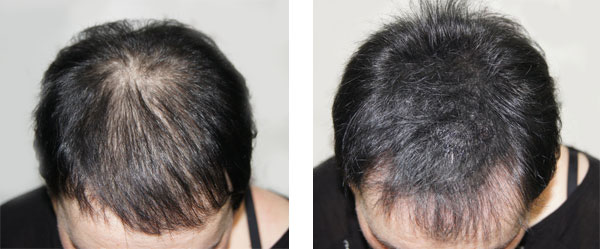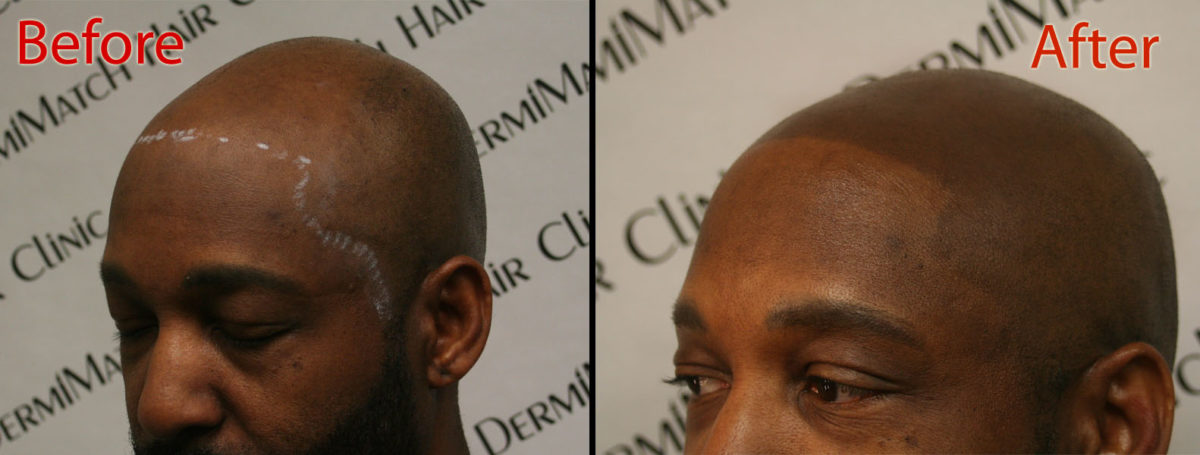Oral hair loss supplements have become a popular choice in the US hair loss niche, reflecting a growing preference for non-invasive, holistic solutions to combat thinning hair. Who would want to go under the knife if an oral supplement could bring back their lost hair glory?
These supplements typically contain a blend of vitamins, minerals, and herbal extracts designed to address nutritional deficiencies that may contribute to hair loss. Common ingredients include biotin, a B vitamin known for supporting keratin production, zinc, which aids in hair tissue growth and repair, and iron, essential for oxygen delivery to hair follicles.
Other formulations may include collagen for hair strength, saw palmetto to potentially block DHT (a hormone linked to hair loss), and antioxidants like vitamin C to reduce oxidative stress on the scalp. The appeal of these supplements lies in their accessibility—available over-the-counter at pharmacies, online retailers, and even grocery stores—and their promise of addressing hair loss from within, without the need for topical applications or medical procedures.
Benefits of Oral Hair Loss Supplements
The primary benefit of oral hair growth supplements is their ability to target underlying nutritional deficiencies that may exacerbate hair loss. For instance, low levels of iron or vitamin D have been linked to conditions like telogen effluvium, where hair prematurely enters the shedding phase.
Studies, such as those published in the Journal of Cosmetic Dermatology, have shown that consistent supplementation with key nutrients can improve hair density and reduce shedding in individuals with non-scarring alopecia.
Additionally, these supplements often promote overall health benefits, such as stronger nails and improved skin, which adds to their appeal. For those experiencing stress-related hair loss, supplements with adaptogens may help by reducing cortisol levels, indirectly supporting hair retention. The convenience of a daily pill also makes this approach attractive for busy individuals seeking a low-maintenance solution to hair thinning.
Limitations
Despite their popularity, oral hair loss supplements are not a universal fix for hair loss, and their effectiveness varies widely. Clinical evidence on their impact is mixed. While some studies show modest improvements in hair density, others suggest that results are often placebo-driven, particularly for those without specific deficiencies.
Hair loss caused by genetic factors, such as androgenetic alopecia, may not respond significantly to nutritional supplements alone. Hormonal factors rather than dietary gaps influence these conditions. Moreover, overconsumption of certain nutrients—like excessive biotin or vitamin A—can lead to adverse effects, including skin rashes or even paradoxical hair loss, as noted in research from the American Journal of Clinical Nutrition.
The Need for a Holistic Approach
Relying solely on oral supplements for hair loss is not the right way forward. Remember, a complex interplay of factors, including genetics, stress, scalp health, and overall wellness, influence hair health.
Experts recommend a holistic approach, combining supplements with a balanced diet rich in protein, omega-3 fatty acids, and antioxidants to support hair growth. Lifestyle changes, such as stress reduction through mindfulness training and adequate sleep, can play a significant role in mitigating hair loss.
Additionally, maintaining scalp health through proper hygiene and the use of gentle, sulfate-free shampoos can create an optimal environment for hair growth, complementing the internal benefits of supplements. For those with persistent hair loss, consulting a dermatologist to identify underlying causes—such as thyroid disorders or hormonal imbalances—is crucial before starting any supplement regimen.
Scalp Micropigmentation: A Better, Proven Solution
While oral hair growth supplements offer a convenient starting point, they often fall short for those seeking immediate, reliable results, particularly in cases of significant hair loss.
Scalp micropigmentation emerges as a superior alternative, providing a proven, long-lasting solution. This non-invasive procedure involves applying thousands of tiny pigment dots to the scalp with a micro-needle. It creates the illusion of a fuller head of hair or a defined hairline.
Unlike supplements, which may take months to show minimal results and require ongoing use, SMP delivers dramatic, visible improvements after just one or two sessions, with effects lasting up to five years before naturally fading. Loved for its effectiveness in addressing thinning hair and baldness, SMP offers a low-maintenance, semi-permanent fix that bypasses the uncertainty of oral treatments. It has become an ideal choice for those seeking a transformative, confidence-boosting solution to hair loss.
So if you are skeptic about the effectiveness of oral hair loss supplements, you might want to consider Arizona SMP treatment. Skilled DermiMatch Clinic scalp artists in Arizona help individuals find solution to their hair loss woes. Schedule a consultation now.

